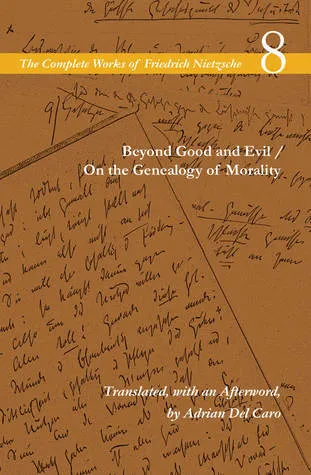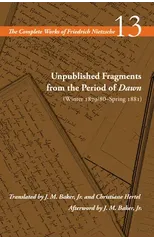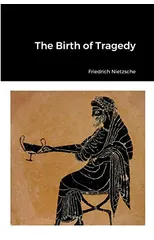Beyond Good and Evil / On the Genealogy of Morality
Volume 8
(Author) Friedrich NietzscheBeyond Good and Evil (1886) and On the Genealogy of Morality (1887) are Nietzsche's two most persuasive and philosophical books, following close on the heels of his breakthrough hybrid Thus Spoke Zarathustra (1883-85); here for the first time Nietzsche represents himself as a philosopher, setting forth the proper activity of philosophers and training his formidable genealogical focus on the origins and motivations of morality.
Friedrich Nietzsche
Friedrich Nietzsche was a German philosopher, cultural critic, poet, and philologist, known for his profound influence on Western philosophy and literature. His most notable works include "Thus Spoke Zarathustra," "Beyond Good and Evil," and "The Birth of Tragedy." Nietzsche's writing style was characterized by his use of aphorisms, paradoxes, and poetic language, which challenged traditional philosophical conventions.
Nietzsche's contributions to literature include his exploration of existential themes, the concept of the "Ubermensch" (overman), and the reevaluation of moral values. His ideas on the will to power, eternal recurrence, and the death of God have had a lasting impact on literature, philosophy, and cultural criticism.
Nietzsche's most famous work, "Thus Spoke Zarathustra," is a philosophical novel that explores themes of individualism, self-overcoming, and the pursuit of meaning in a godless world. The book has been praised for its literary style and innovative approach to philosophical storytelling, cementing Nietzsche's legacy as one of the most influential thinkers of the modern era.






